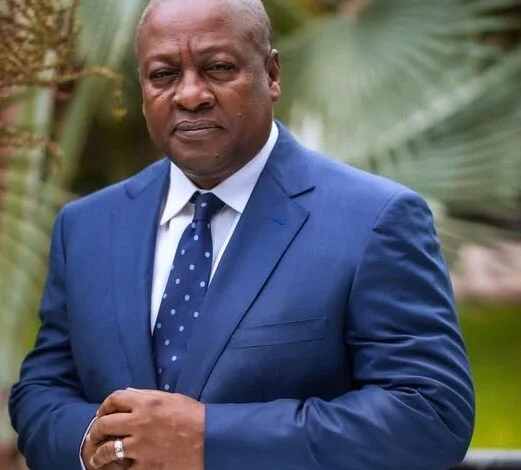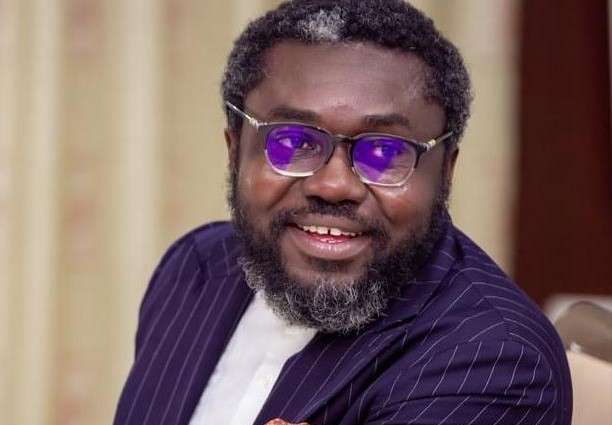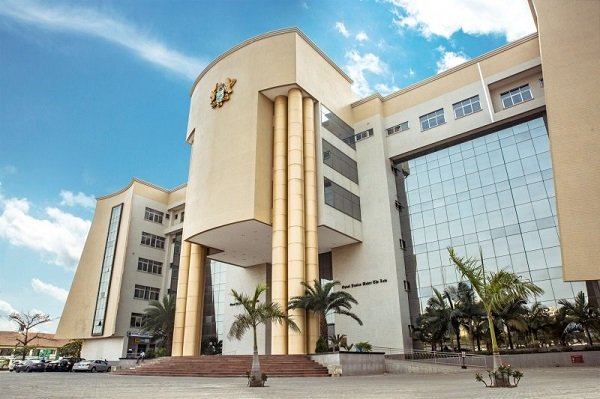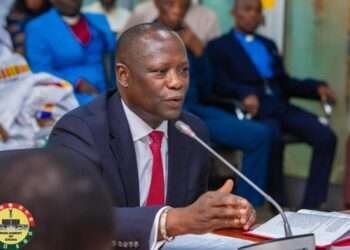The High Court in Accra has adjourned to September 23 to hear injunction and Habeas Corpus applications filed by eleven West African nationals deported from the United States, who allege unlawful detention by the government of Ghana.
On Thursday, September 18, Justice Pricilla Dikro ruled that more time was needed to study the ex-parte motions before proceeding.
The two motions before the court are an interim injunction to halt the applicants’ deportation to their respective countries, and a writ of Habeas Corpus requiring the government to produce the detainees in court and justify their detention.
Counsel for the applicants, Oliver Barker-Vormawor, stressed the urgency of the matter, stating that his clients have been in unlawful detention since their arrival in Ghana.
He told the court that President John Dramanni Mahama and the Minister for Foreign Affairs, Hon. Samuel Okudzeto Ablakwa had both affirmed the government’s plan to deport the applicants, raising the risk of a violation of their rights.
Barker-Vormawor told the court that the injunction was necessary to prevent the state from proceeding with deportations before judicial review is completed. The substantive matter on the enforcement of the applicants’ fundamental human rights will only be considered after the interim motions are addressed.

The applicants are eleven West African nationals deported from detention centers in the United States earlier this month. In their affidavit, they alleged they were forcibly removed from U.S. custody between September 5 and 6, shackled, and “secretly,” transported to Ghana without notice or explanation.
They claim that upon arrival, they were handed over to Ghanaian authorities and detained in a suspected military facility without judicial oversight. According to their application, the detention violates Article 14(1) of Ghana’s 1992 Constitution, which guarantees personal liberty and protection from arbitrary arrest and detention.
They also argue that their rights to administrative justice, due process, and the principle of non-refoulement have been breached. The applicants have sued the Attorney General, the Chief of Defence Staff, and the Comptroller General of the Ghana Immigration Service as respondents.
Withholding of Removal in the United States
Court documents indicate that at least eight of the applicants had been granted Withholding of Removal or Deferral of Removal under the Convention Against Torture by U.S. immigration judges. This status prohibited their deportation to their countries of origin due to the risk of torture, persecution, or inhumane treatment.

By being transported to Ghana without notice, they argue, the United States and Ghanaian authorities acted in disregard of these protections. Their lawyers are now asking the High Court in Accra to enforce their fundamental human rights under Article 33(1) of the 1992 Constitution.
The writ of Habeas Corpus filed on behalf of the applicants is formally titled “Habeas Corpus Ad Subjiciendum,” which requires the state to produce detainees in court and justify their continued custody. Their lawyers say this is critical to prevent what they describe as arbitrary detention and unlawful deportation.
In their filings, the applicants argue that their detention undermines Ghana’s constitutional obligations as well as international conventions on human rights. They contend that the government’s actions amount to violations of the principle of non-refoulement, which prohibits returning individuals to countries where they risk persecution.
The applicants have been identified as Daniel Osas Aigbosa, Kalu John, Zito Yao Bruno, Sidiben Dawda, Ahmed Animashaun, and Toure Dianke. The remaining five are Taiwo K. Lawson, Agouda Richarla, Oukpedzo Sikiratou, Boubou Gassama, and Ifeanyi Okechukwu.
The Human Rights Division of the High Court will hear the ex-parte applications on September 23, with the outcome likely to have significant implications for Ghana’s approach to handling foreign nationals deported under contested circumstances.

The court’s eventual ruling on the matter is expected to clarify the scope of constitutional protections available to non-citizens and the extent to which Ghanaian authorities can exercise detention powers in collaboration with foreign governments.
READ ALSO: Bank of Ghana Cuts Policy Rate to 21.5% as Inflation Outlook Improves





















